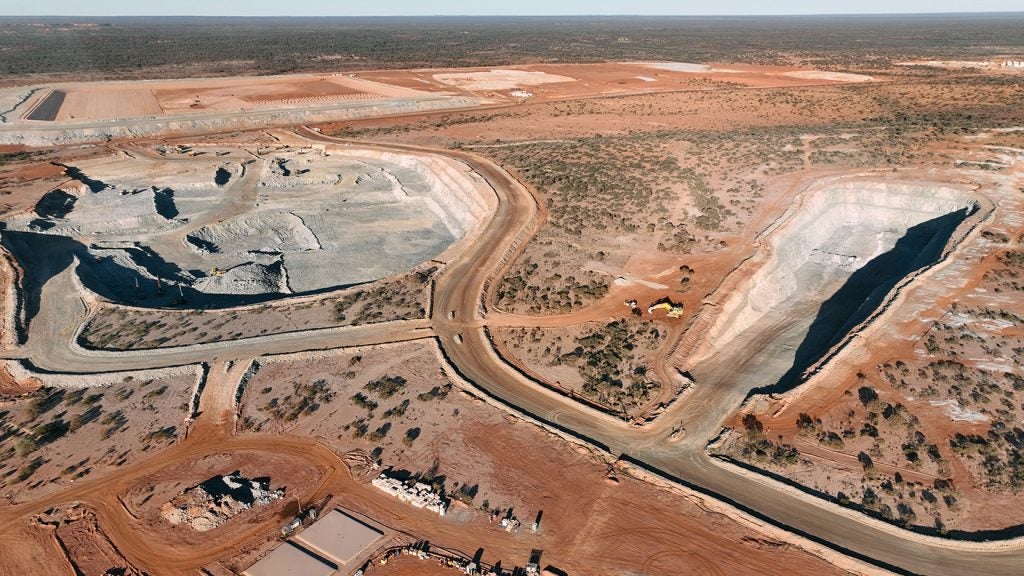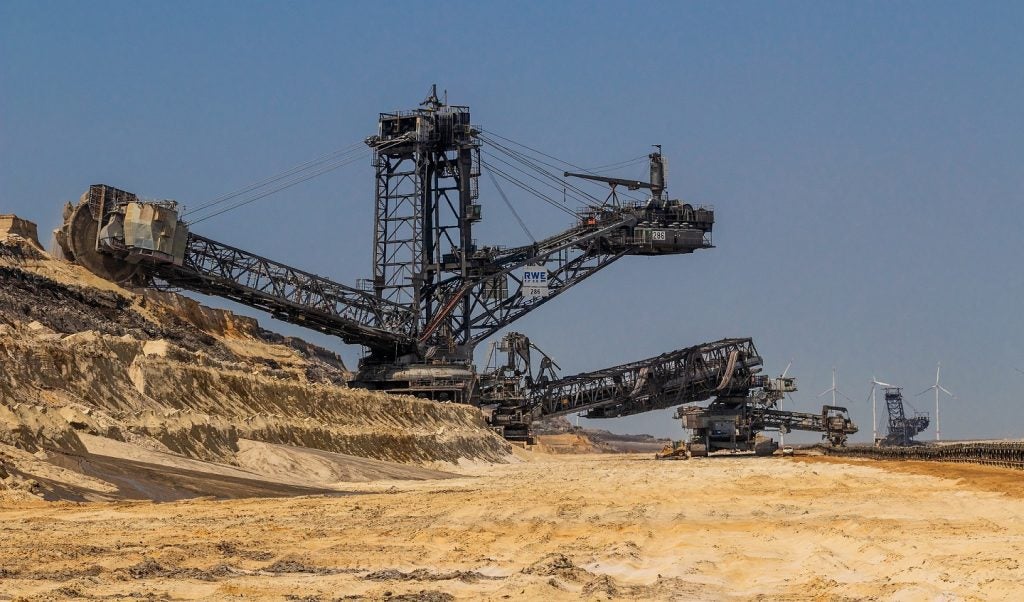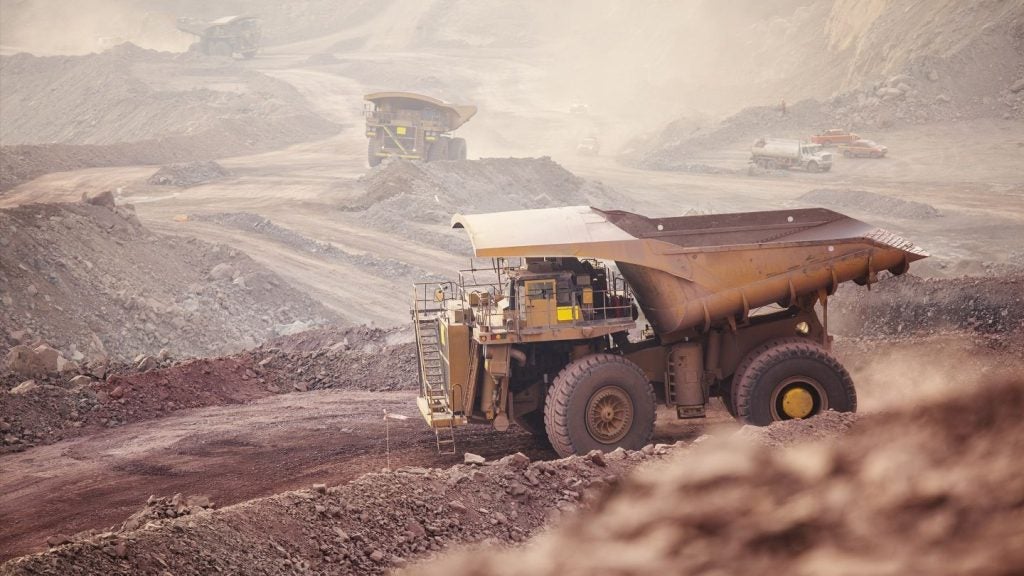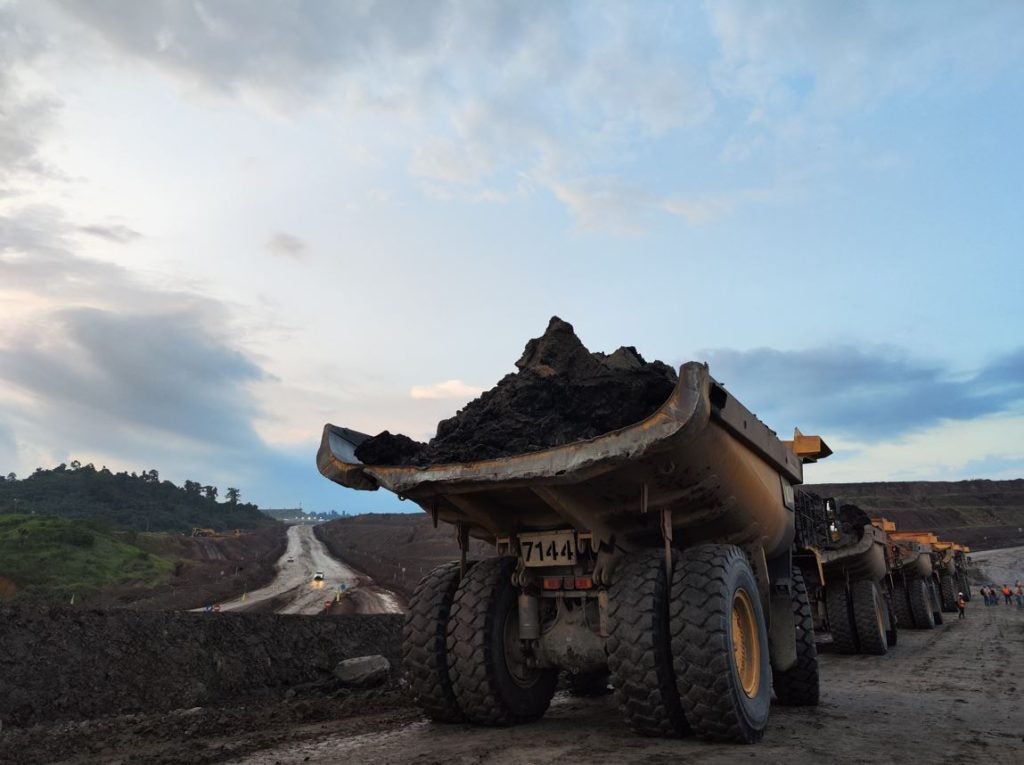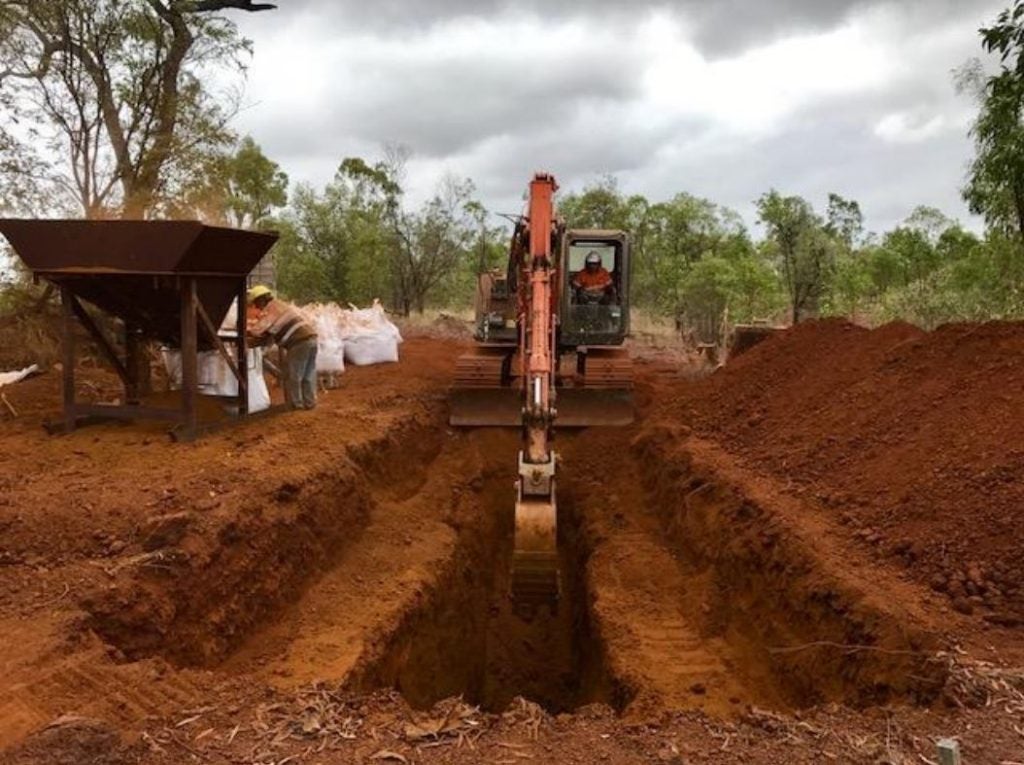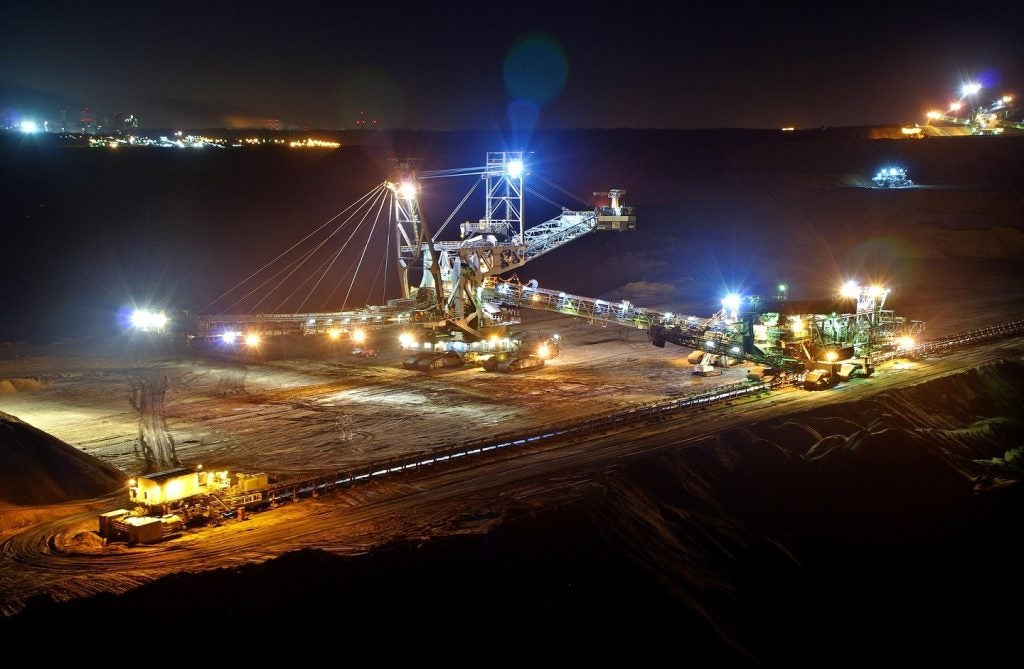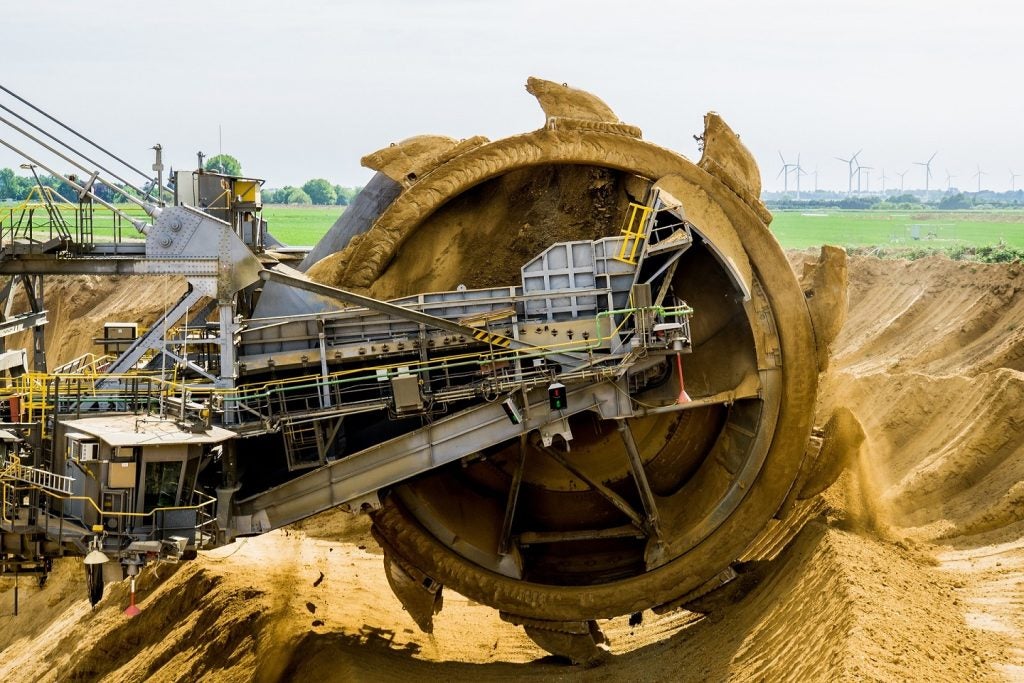Japanese trading company Sumitomo has signed an agreement to jointly work with Australian lithium developer Liontown Resources to study lithium hydroxide production in Japan.
The move comes as several companies worldwide look to secure lithium, which is said to be a key metal in manufacturing electric vehicles (EVs) batteries.
Liontown is developing the Kathleen Valley lithium mine in Western Australia. The project is scheduled to start production of hard rock lithium concentrate in mid-2024.
By collaborating with Liontown, the Japanese trading house will build a supply chain that will extend from the mining and processing of lithium concentrates at the Kathleen Valley mine to the lithium hydroxide production to provide a stable supply of the metal to Japan and overseas.
Sumitomo said in a press statement: “Sumitomo Corporation and Liontown Resources will leverage their respective strengths to contribute to the stable supply of lithium and further contribute to the creation of a decarbonised society.”
Sumitomo spokesperson was cited by Reuters as saying that the two companies are planning to conduct a joint study over a period of two years to decide the scale of the lithium hydroxide production.
Located in an established mining region 60km north of Leinster and 680km north-east of Perth, the Kathleen Valley mine has a current mineral resource estimate of 156 million tonnes at 1.4% Li₂O and 130ppm Ta₂O₅.
Liontown has already signed deals to sell lithium from the Kathleen Valley mine to Tesla, LG Energy Solutions and Ford.


